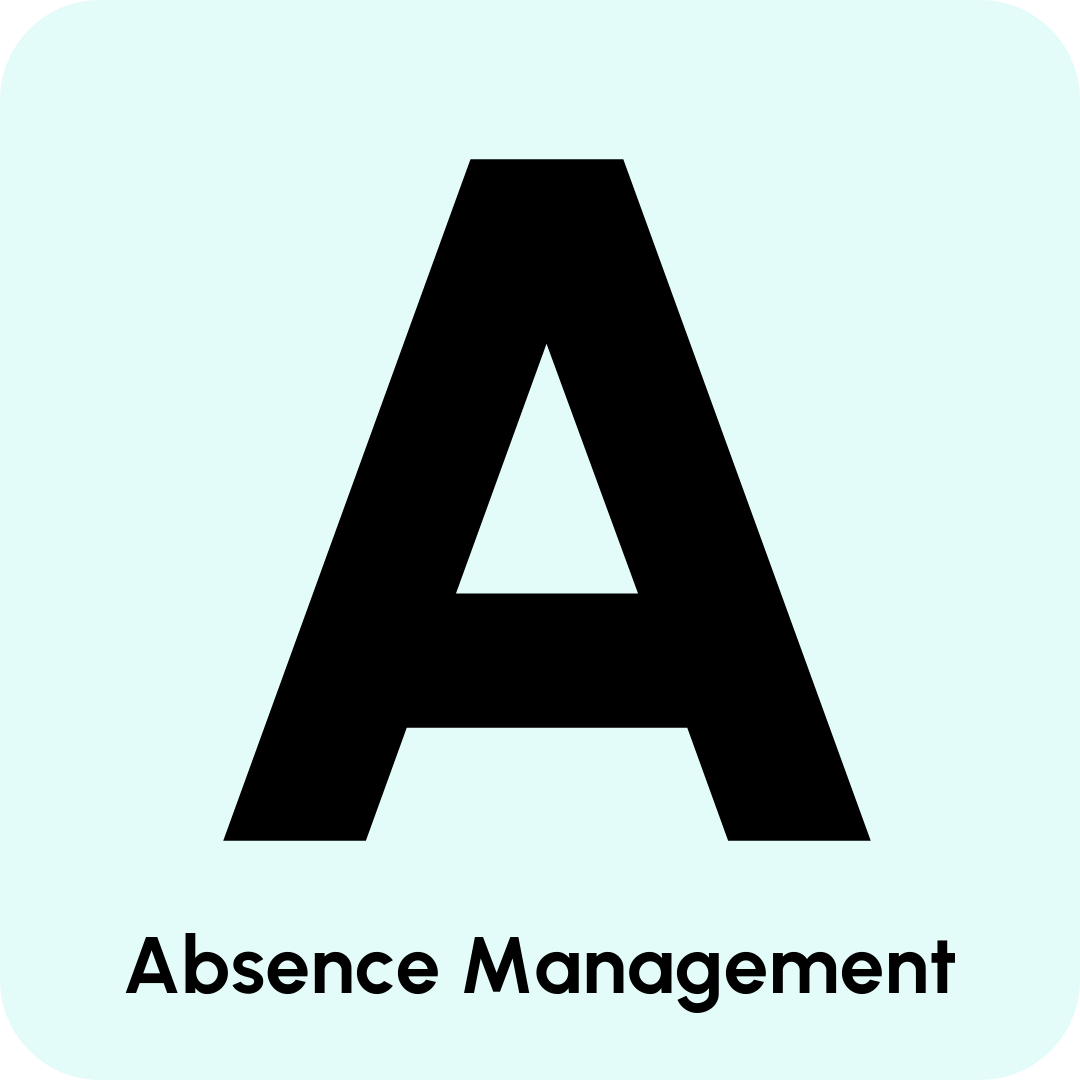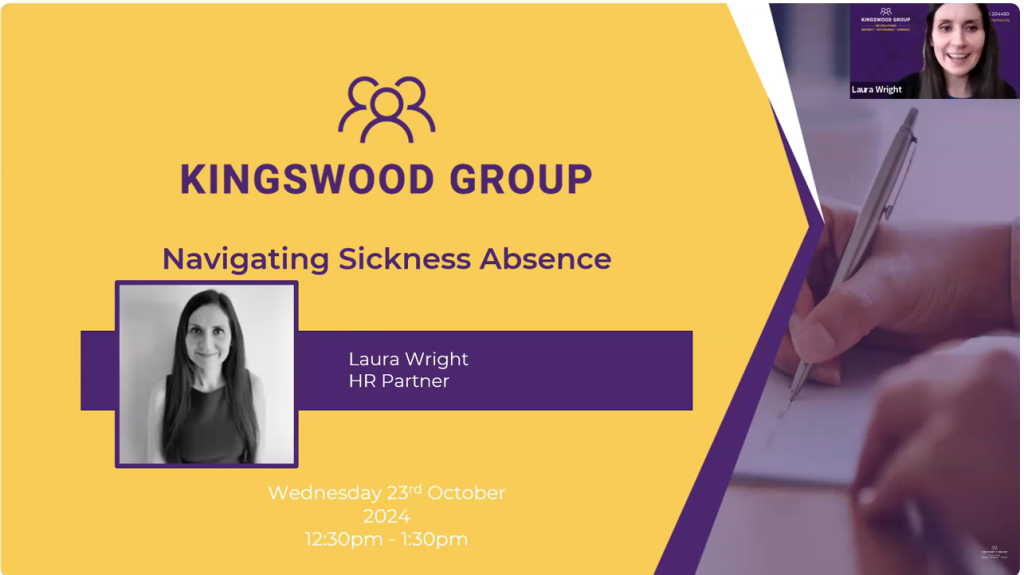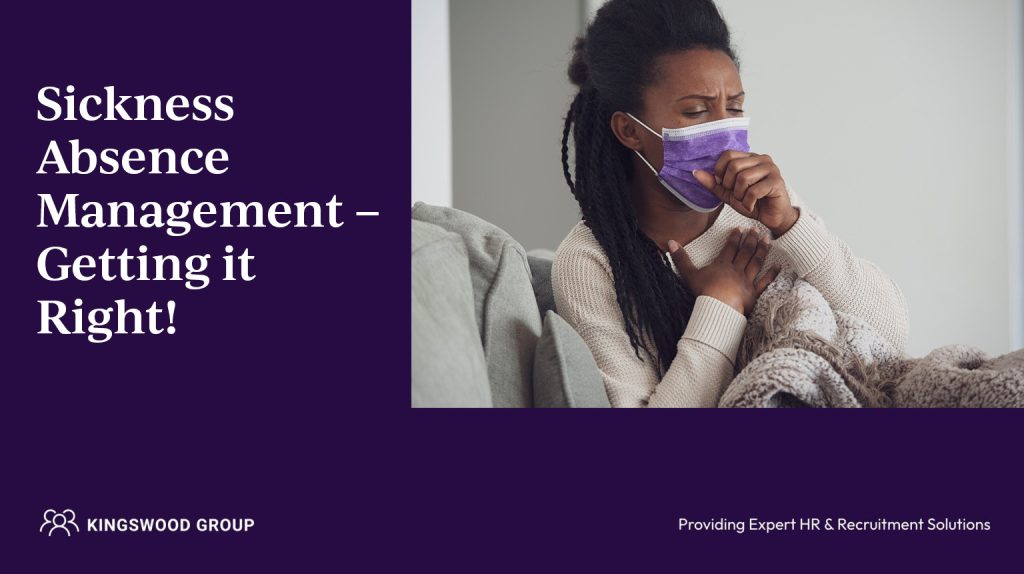What is absence management?
Absence management is the structured approach employers use to monitor, manage, and reduce employee absence from the workplace. It goes beyond simply recording when someone is off sick; it’s about creating fair systems that balance the needs of the business with the well-being of employees.
Effective absence management covers short-term absences (such as a day or two off for illness), long-term absences (such as extended sick leave due to health conditions), and other types of absence, including parental leave, compassionate leave, and unauthorised absences. The goal isn’t just to minimise disruption — it’s to ensure absence is handled consistently, lawfully, and with empathy.
In practice, absence management might include setting clear policies for reporting absence, monitoring patterns and trends across teams, supporting employees back into work after illness or injury, and addressing persistent or unauthorised absences fairly. By managing absence proactively, employers can maintain productivity, reduce costs, and show staff that their health and wellbeing are genuinely valued.
What does absence management mean in HR / Health & Safety?
In HR terms, absence management is about establishing clear rules, expectations, and processes around absence — and ensuring they are applied consistently across the business. It sits at the intersection of employment law, health & safety responsibilities, and employee wellbeing.
Key elements include:
- Legal compliance: Employers must comply with the Employment Rights Act 1996 (statutory sick pay), the Equality Act 2010 (reasonable adjustments for disabilities or health conditions), and the Working Time Regulations 1998 (holiday entitlement). Poor handling of absence can easily lead to tribunal claims.
- Health & safety obligations: Employers have a duty of care under the Health and Safety at Work Act 1974 to protect employees’ health. Stress-related absences, for example, may indicate a deeper workplace issue that needs addressing.
- Operational impact: Absence affects staffing levels, client service, project deadlines, and team morale. HR’s role is to ensure that absence doesn’t undermine delivery.
- Employee wellbeing: Absence management is not about penalising absence, but supporting employees to stay healthy and engaged. This may include occupational health referrals, flexible working adjustments, or wellbeing programmes.
In short, absence management means having a structured, fair, and compassionate framework that both protects the employer legally and supports the employee practically.






